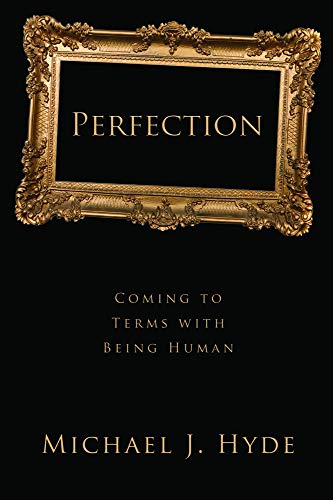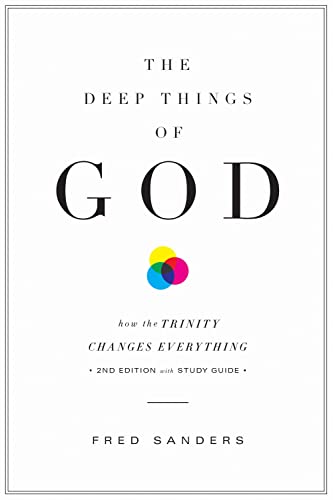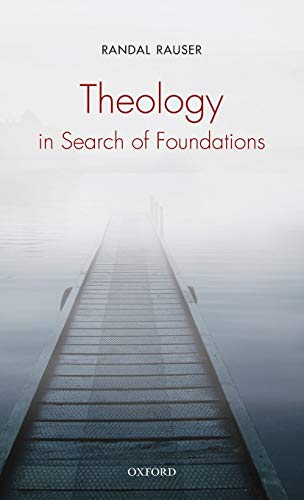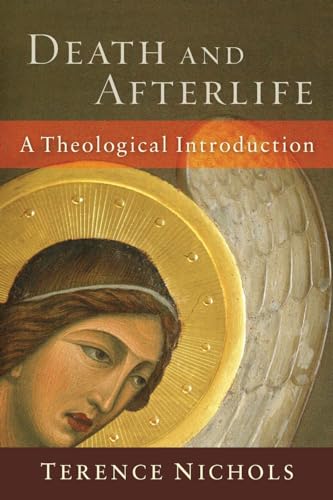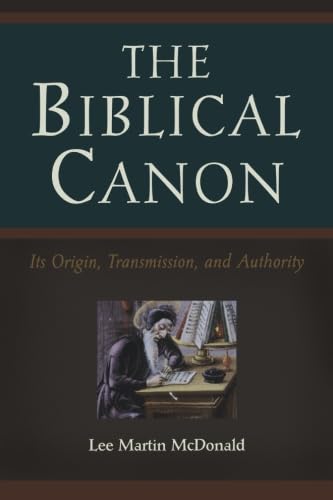Sin: A History
Written by Gary A. Anderson Reviewed By Andrew SloaneIn this book Gary Anderson, professor of Old Testament/Hebrew Bible in the Department of Theology at the University of Notre Dame, seeks to trace the development of the idea of sin through the Bible and into Jewish and Christian tradition, along with its significance for understanding the atoning work of Jesus. Anderson deftly combines biblical studies, the history of the reception of key biblical texts, and the history of theology, arguing that the notion of sin changed from that of a ‘burden’ that needs to be removed in the early OT, to that of a ‘debt’ that needs to be paid for in the late (Persian period) OT and into the intertestamental and early Christian period (including the NT).
His argument falls into three main sections. Part 1, ‘Introducing the Problem,’ consists of three chapters in which he articulates his claim that the notion (and dominant metaphors) of sin develop from ‘a burden to be borne’ to ‘a debt to be repaid.’ The Day of Atonement and ‘scapegoat’ ritual, along with the language of ‘bearing’ sin (nas’a) play an important role in the former notion, while the Lord’s Prayer (and its Aramaic background) play a crucial role in the latter.
In the five chapters of Part 2, ‘Making Payment on One’s Debt,’ he seeks to outline how understandings of this debt, and the means to repay it, evolved in the Bible and into rabbinic and Christian theology, largely under the influence of economic ideas that dominated in the Aramaic-speaking world. His argument ranges across a reading of the rhetoric of ‘Deutero-Isaiah,’ the theology of land in ‘H’ (a putative editorial layer in Leviticus), the notion of sin as debt in Tobit and Maccabees through to the operation of loans in the rabbinic literature and the cancellation of debt imagery in Col 2:14.
The four chapters of Part 3, ‘Balancing Debts with Virtue,’ trace the development of the notion of alms-giving as a means of accumulating heavenly ‘credit’ that can be used to pay down the debt of sin, and they seek to connect that to the atoning work of Jesus, understood as the accumulation of an inexhaustible store of credit that can be applied to the sinner’s debt. He deals with a broad spread of material (including Daniel and Leviticus, Tobit and Ben Sira, fourth-century Syriac theology, the Talmud, and the classic work of Anselm on the atonement) that he believes establishes the legitimacy of ‘merit’ (and associated practices such as almsgiving and the issuing of indulgences as atoning for sin) to vitiate Reformation critique.
As is already evident, this is a wide-ranging and thought-provoking book. Anderson has a ready grasp of a disparate body of knowledge that he uses to construct an interesting case for a particular view of sin and atonement in the Bible and Christian theology. There is much in this book to stimulate thought and ongoing discussion—indeed, it won the 2010 Christianity Today book award for biblical studies. There are, however, flaws in his argument and its underlying methodology that undermine many of his central claims (which will be a comfort to many [evangelical] Protestants). Let me note two.
First, while acknowledging that a number of metaphors are used throughout Scripture for sin, Anderson focuses on ‘burden’ and then ‘debt’ as those that dominate. While he makes some interesting points, he neither accounts for the breadth of biblical metaphors nor establishes that these are the dominant ideas (even if you accept his dating of various texts and traditions, itself a matter of dispute). While he notes, for instance, the notion of sin as ‘stain,’ he doesn’t discuss the language and imagery of alienation in the Psalter, or obduracy in Jeremiah and Ezekiel, or covenantal infidelity in Deuteronomy and Joshua-Kings, or the disruption of an orderly world in the Flood narrative and Leviticus. Similar absences may be found in his treatment of sin in the NT. While this may be a necessary corollary of the focus of his argument, it undermines his claims, given the importance of the shift in central metaphors he finds in Scripture.
Second, Anderson combines historical study with biblical exegesis, a combination that is both a great strength and the greatest weakness of the book. Inasmuch as he traces how key texts have been conceptualized and received in Jewish and Christian tradition, and how this impacted (strands of) theological reflection, Anderson has nicely illustrated the evolution of Jewish and Christian theology of both sin and the atonement. He seems to operate, however, with a hermeneutic that fuses the meaning of a text with the history of its reception in key interpretive communities. As a result, he frequently opts for an interpretation of key texts on the basis of his understanding of the developing tradition and its governing metaphors rather than a careful analysis of the text in its linguistic and canonical context (see, for instance, his discussion of Dan 4:27 [v. 24 in Aramaic], pp. 135–51). This, in my view, seriously weakens his case in relation to both sin and atonement in biblical and Christian theology and the challenges it brings to Protestant theology.
Thus, while there is much to learn from Anderson’s treatment of sin and atonement, there is also much to criticise. It opens up an interesting conversation on these matters, but it is certainly not the last word.
Andrew Sloane
Morling College
Macquarie Park, New South Wales, Australia
Other Articles in this Issue
Most of our readers are theological students and pastors...
The Dazzling Darkness of God’s Triune Love: Introducing Evangelicals to the Theology of Hans Urs von Balthasar
by Stephen M. GarrettJürgen Moltmann observes that Christian theology and the Church face “a double crisis: the crisis of relevance and the crisis of identity...
Plots, Themes, and Responsibilities: The Search for a Center of Biblical Theology Reexamined
by Daniel J. BrendselIn the prolegomena to his “approach to biblical theology,” Charles H...
Since the mid-twentieth century biblical scholars have increasingly accepted that the texts of the Bible must be interpreted in terms of their literary genres...
The present age tends to regard polemics, theological controversies, and all-round doctrinal fisticuffs as, at best, a necessary evil, at worst, one of the most revolting aspects of Christianity...



